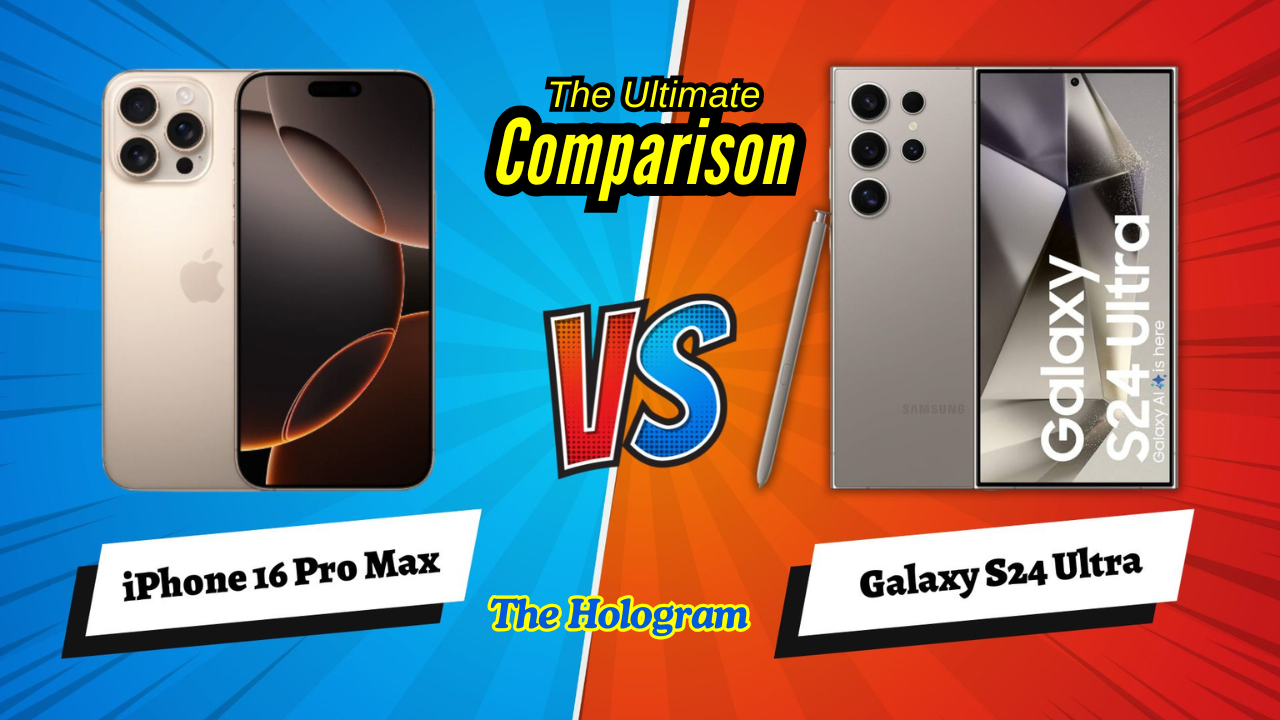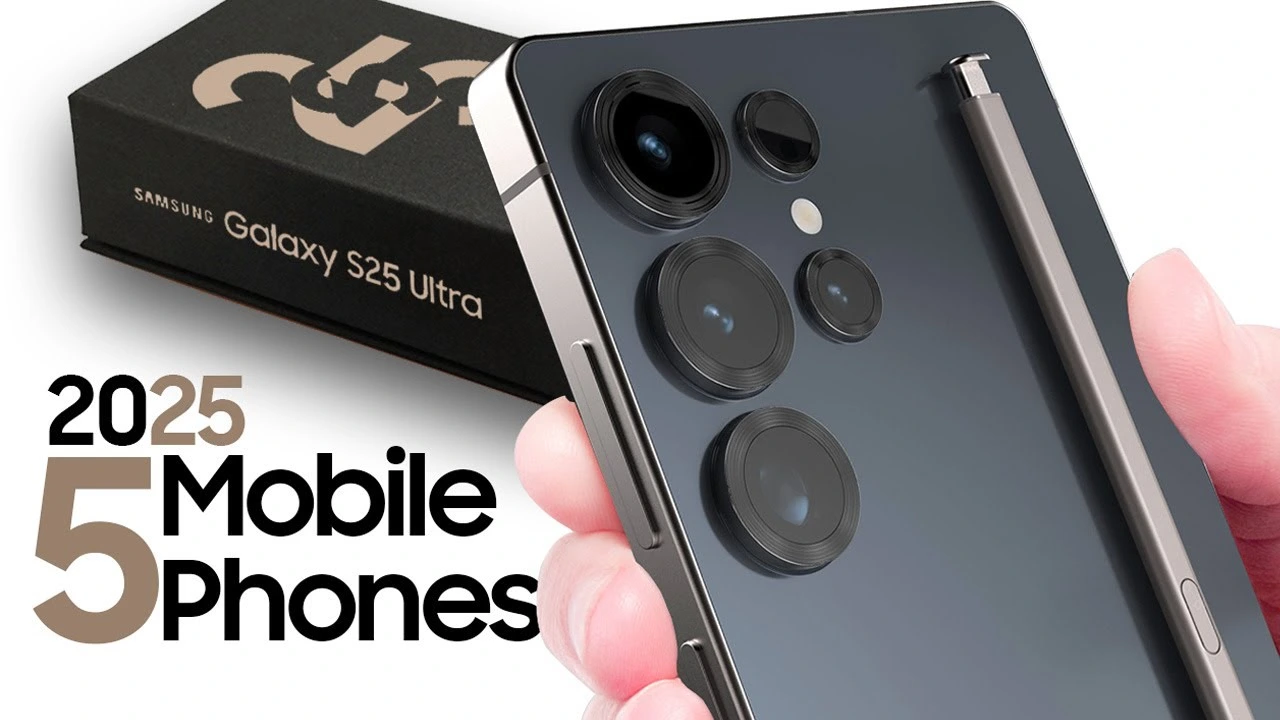Smartphones are at the center of our daily lives, yet a surprising number of smartphone myths persist in the tech world. Misconceptions, ranging from mobile phone myths about camera megapixels to the efficiency of clearing recent apps, often confuse users and lead to poor decisions. This article will debunk these common tech misconceptions and provide you with clear, actionable insights.

Table of Contents
Debunking Smartphone Myths: 9 Common Tech Misconceptions You Should Stop Believing
1. Higher Megapixels Mean Better Camera Quality

When it comes to smartphone myths, one of the most common is that more megapixels equal better photos. While megapixels determine the resolution of your pictures, they are far from the only factor affecting photo quality.
- Sensor Size: A larger sensor captures more light, crucial for low-light photography.
- Lens Quality: High-quality optics are essential for sharp images.
- Image Processing: The phone’s software and Image Signal Processor (ISP) significantly influence how photos look.
For instance, a 12MP camera on a flagship phone often outperforms a 108MP camera on a budget device. Next time you encounter mobile phone myths at the store, remember that a higher megapixel count doesn’t guarantee a better camera.
2. More Network Bars Equal Better Connectivity

Many believe that full network bars mean better connectivity, but this is a common tech misconception. The bars only indicate the strength of your signal to the nearest cell tower, not the quality of your internet or call experience.
- Network Congestion: Even with full bars, if the tower is overloaded, your internet speed will slow down.
- Signal Quality: A single bar with minimal congestion can outperform full bars with heavy traffic.
This mobile phone myth highlights how relying solely on network bars can mislead you about actual performance.
3. Overnight Charging Damages Your Battery

Concerned about leaving your phone charging overnight? This is another widespread smartphone battery health myth. Modern smartphones are designed with features to prevent battery damage during prolonged charging.
- Smart Charging: Devices stop charging at 100%, ensuring no overcharging.
- Battery Management: Built-in safety systems optimize the charging process.
However, avoid charging in hot environments or under pillows to prevent heat buildup, which can degrade battery life over time.
4. Clearing Recent Apps Speeds Up Your Phone
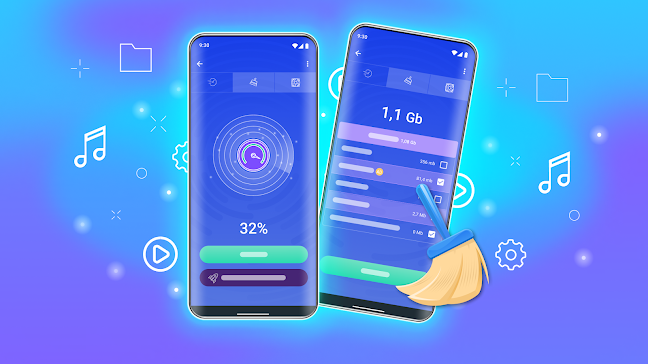
This smartphone performance tip is a myth that can actually harm your device. Modern operating systems are built to manage RAM effectively, so clearing recent apps isn’t necessary.
- Fact: Frequently reopening apps consumes more battery and resources than keeping them minimized.
- Tip: Trust your phone to handle background processes efficiently.
Instead of falling for this smartphone myth, focus on regularly restarting your device for optimal performance.
5. Incognito Mode Ensures Complete Privacy
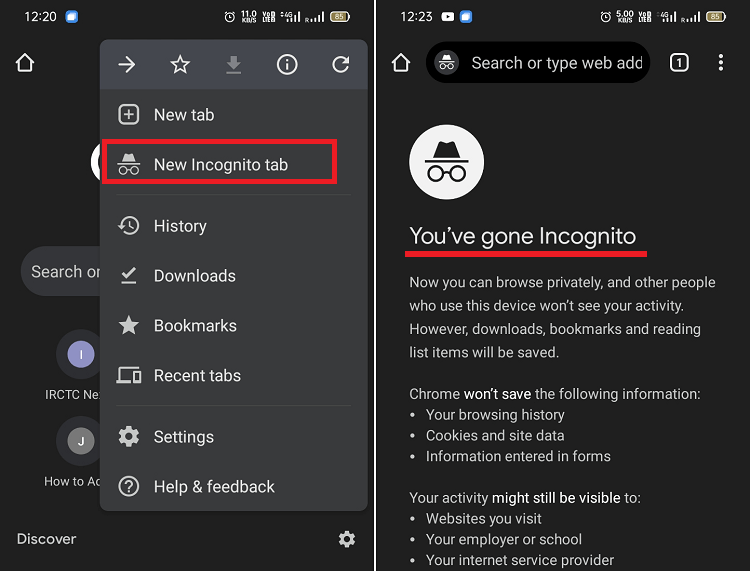
The idea that incognito mode makes you completely untraceable online is a major tech myth debunked. Here’s what incognito mode actually does:
- What It Does: Prevents your browsing history and cookies from being stored locally.
- What It Doesn’t Do: Hide your activity from your ISP, employer, or authorities.
For true privacy, consider using a VPN or a secure browser in addition to incognito mode.
6. More Cameras Mean Better Photos
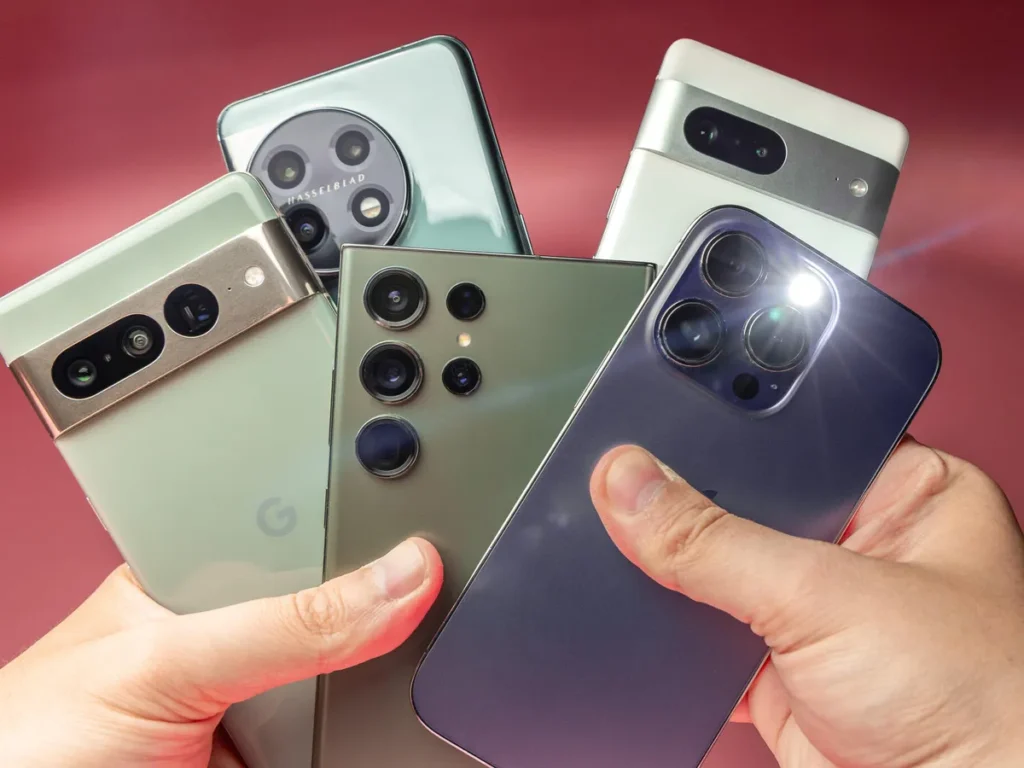
Another persistent smartphone myth is that phones with more cameras automatically take better pictures. While additional lenses add functionality, such as wide-angle or macro shots, they don’t guarantee superior quality.
- Key Factors: Sensor size, software processing, and lens quality play a bigger role.
- Example: A single high-quality camera lens can outperform multiple mediocre ones.
Understand the purpose of each camera lens before falling for this mobile phone myth.
See Also: iPhone 16 Pro Max vs Samsung Galaxy S24 Ultra: The Ultimate Comparison
7. Apple Devices Are Immune to Viruses
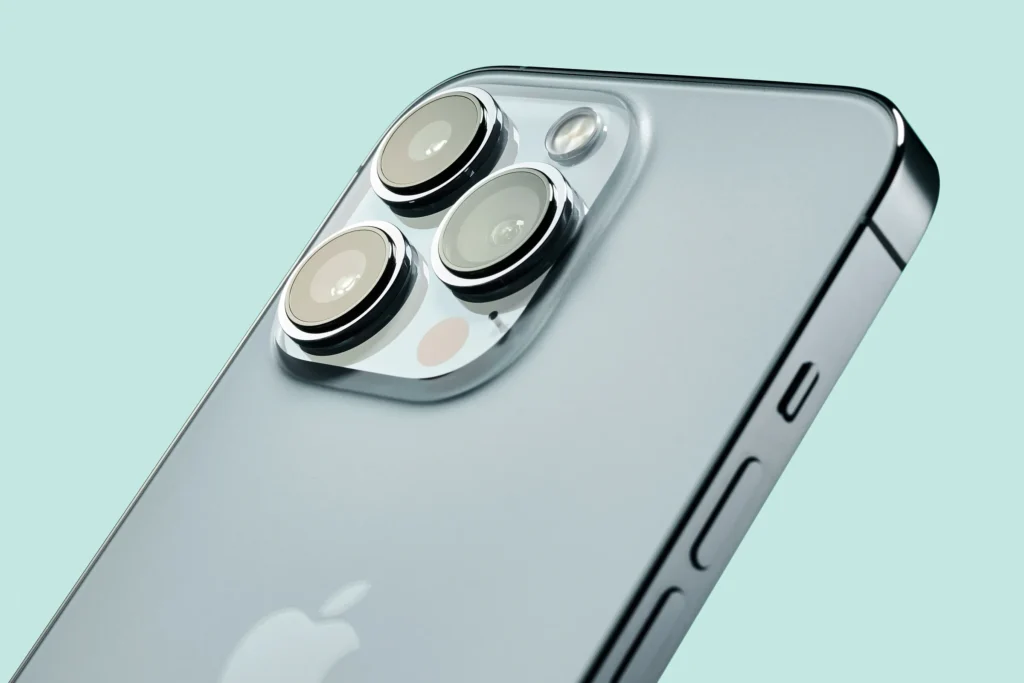
Apple’s ecosystem is highly secure, but the belief that it is entirely virus-proof is a misleading common tech misconception.
- Strengths: Strict app store guidelines and sandboxing make Apple devices secure.
- Weaknesses: Downloading from untrusted sources or clicking malicious links can still compromise security.
Stay cautious and maintain good online habits to ensure your Apple device security.
8. Refreshing the Desktop Speeds Up Performance

Refreshing your desktop is a habit many have, but this tech myth debunked reveals that it doesn’t improve system performance. It only reloads the desktop to display updates like new files or icons.
9. Mobile Data Is Always Slower Than Wi-Fi
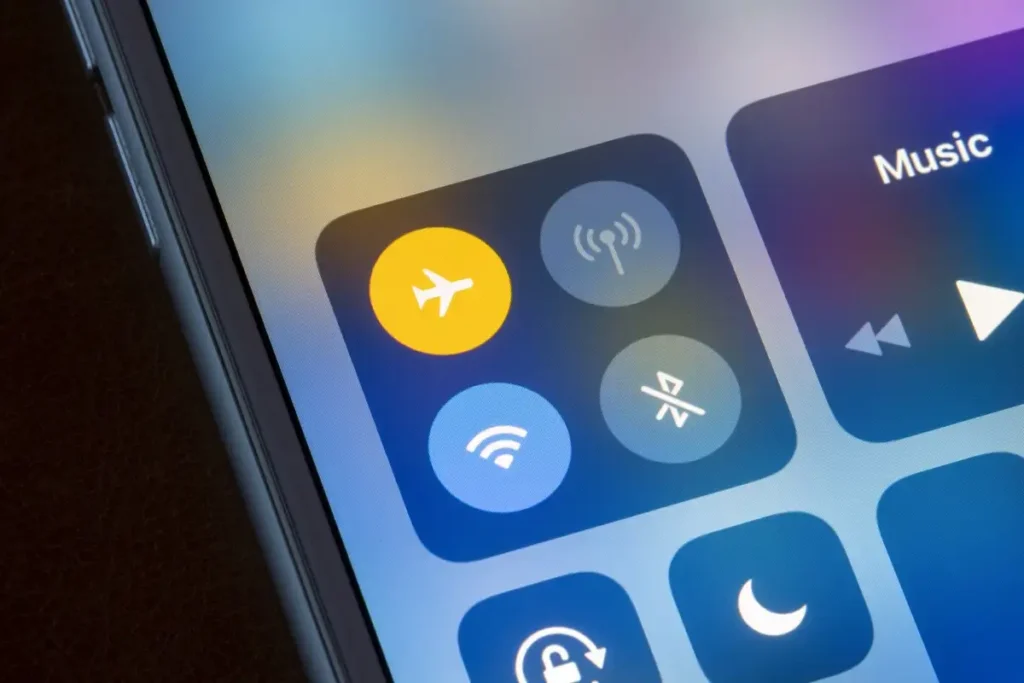
The assumption that Wi-Fi is always faster than mobile data is another false smartphone myth. Factors like network strength and congestion play a crucial role.
- Example: 5G mobile data often outperforms Wi-Fi in terms of speed and reliability.
- Tip: Test both options to see what works best for you.
Tips to Avoid Common Smartphone Myths
- Stay Informed: Follow trusted tech websites and sources for accurate information.
- Question Claims: Verify any smartphone performance tips or advice before acting.
- Experiment: Test your phone’s features to determine what works.
Conclusion: Common Smartphone Myths
Debunking these smartphone myths is essential for making informed decisions and getting the most out of your device. From understanding smartphone battery health to knowing the truth about mobile phone myths, a little knowledge goes a long way. Remember, technology evolves, and staying updated is key to navigating the world of smartphones effectively.
FAQs: Common Smartphone Myths
1. Does leaving my phone on overnight damage the battery?
No, modern phones are designed to prevent overcharging, making this a smartphone myth.
2. Is incognito mode completely private?
No, incognito mode hides local history but doesn’t stop ISPs or authorities from tracking you.
3. Are Apple devices immune to malware?
No, while secure, they can still be vulnerable to malicious activity if users aren’t careful.
4. Do more megapixels mean a better camera?
Not always. Factors like sensor size, lens quality, and processing are more important.
5. Does closing recent apps improve performance?
No, modern smartphones optimize RAM usage, and this smartphone myth can waste more energy.
Smartphone myths, Common tech misconceptions, Mobile phone myths, Smartphone camera megapixels, Better connectivity myths, Overnight charging myths, Clearing recent apps, Incognito mode privacy, Multiple cameras explained, Apple device security, Mobile data vs Wi-Fi speed, RAM optimization in smartphones, Smartphone battery health, Smartphone performance tips, Tech myths debunked
Thanks for visiting The Hologram!
Don’t forget to explore more topics on website – thehologram.in or visit us on following Social Media Handles-
Discover more from The Hologram
Subscribe to get the latest posts sent to your email.

